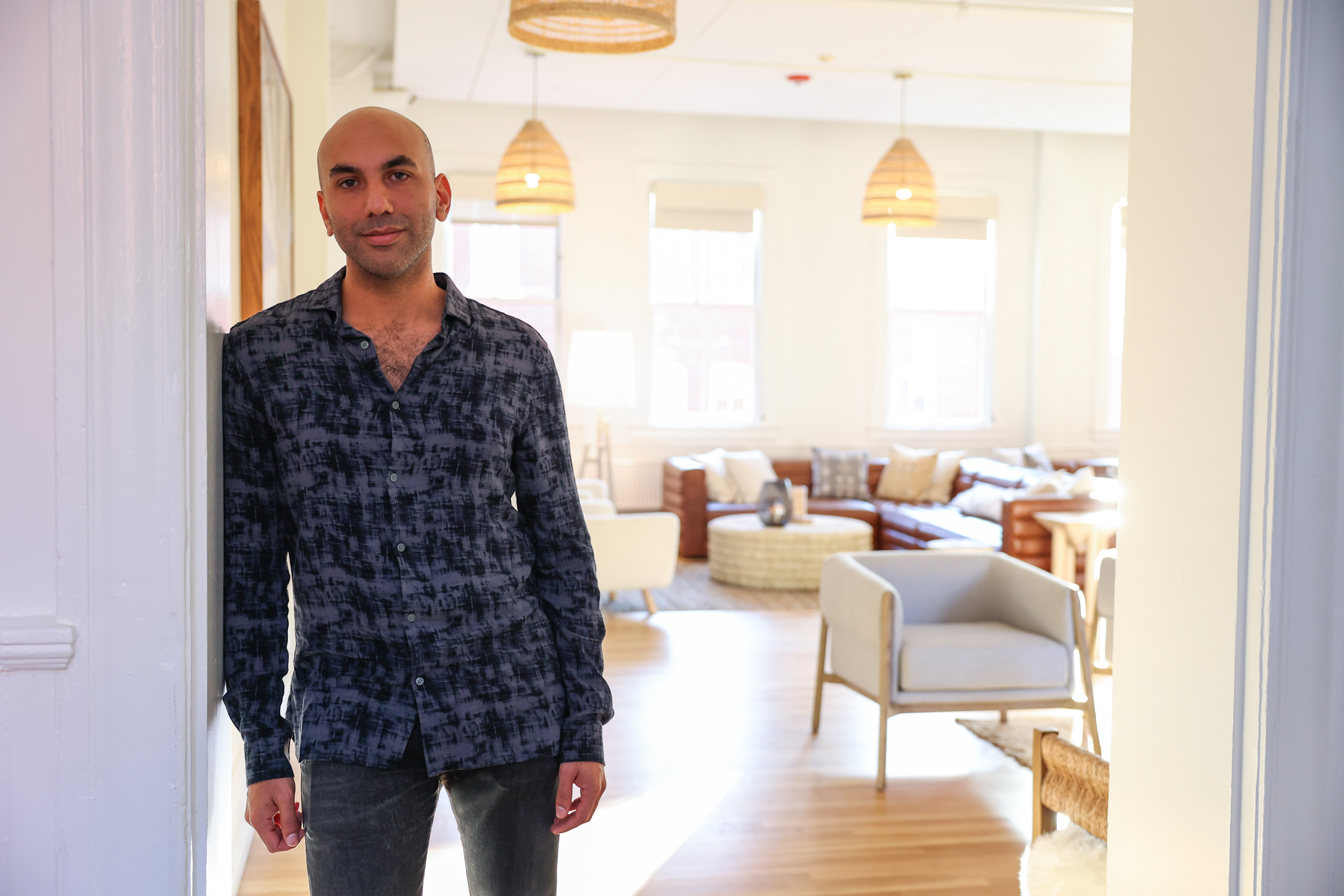Blockchain Week returned to San Francisco on Halloween—the conference brought thousands of cryptocurrency developers and enthusiasts to town—but who knows when they’ll be back.
In 2019, San Francisco was the beating heart of the crypto economy. The streets were rife with chatter about which coins to invest in—from Dogecoin to Litecoin, there was money to be made.
But since the pandemic ravaged the bustling Bay Area scene and crypto markets went from boom to bust, Miami has become crypto’s new spiritual home.
“Don’t miss your chance to see your SF friends’ apartments one last time before they move to Miami,” reads one Blockchain Week event listing.
A decade ago, Ethereum founder Vitalik Buterin had some of his coding epiphanies in the Presidio, while Silk Road operator and notorious darknet drug lord Ross Ulbricht was apprehended at the San Francisco Public Library. The city was on the cutting edge of all that was crypto.
But during Covid, Miami wrestled the cryptocurrency crown from SF and the largest cryptocurrency company, Coinbase, along with many other crypto companies, went fully remote.
Jesse Powell, the CEO of another large cryptocurrency exchange, Kraken, said he shut down the company’s San Francisco global headquarters because the city “is not safe” and has spoken out against Silicon Valley diversity initiatives.
‘Powerful way to solve problems’
Another startup features San Francisco prominently in its plans—but because the company intends to use cryptocurrency technology to solve the city’s notorious dysfunction.
The startup, Geo, is “building a global decentralized knowledge graph” using web3 technology. To the crypto uninitiated, that boils down to a website that would have a Reddit-like interface where users can submit and upvote ideas. Behind the curtain though, the information on the site is stored using decentralized cryptocurrency technology.
In the first phase, CEO Yaniv Tal plans to ask the Geo community to vote on which of San Francisco’s biggest problems to tackle, along with proposed solutions. He will also hold in-person talks at the SF’s new crypto clubhouse, House of Web3.
“That could be anything from homelessness to public safety: There’s a lot of things that San Franciscans would love to see the city progress on,” Tal said. “The city’s made it hard for people to be here, which is why I think we should try to solve these problems.”
Tal isn’t so sure how he’ll implement the proposed solutions and hasn’t talked to any city officials yet, but says he imagines either working within the existing city programs, running ballot initiatives or creating new organizations.
“Crypto protocols are a really powerful way to solve problems,” he said. “You can design incentive systems in a way that can bring on a lot of participants, and align them well-specified goals. There could be San Francisco tokens, or a token for each individual issue.”
‘Inept leaders’
But can waving blockchain’s magic wand really solve San Francisco’s problems?
One blockchain leader thinks it’s a people problem, not a technology problem.
“SF’s problems aren’t a result of coordination problems; they stem from a group of inept leaders that implemented failed policies that made matters worse, not better,” said Asheesh Birla, a board member at Ripple Labs, a large blockchain company based in San Francisco.
Another entrepreneur pointed out that blockchain has already tried—and failed—to solve problems like wire transfer fees, organic food supply chain verification and election validity.
“Billions of dollars later we have not seen any meaningful progress on any of these,” said Kai Stinchcombe, CEO of True Link Financial. “San Francisco’s problems of addiction, housing, transit and homelessness are certainly tougher problems than those problems that have thus far been unsolved through blockchain.”
